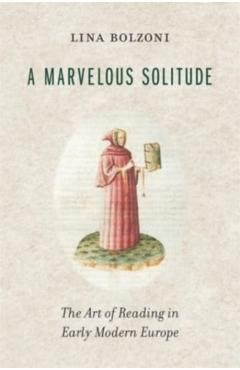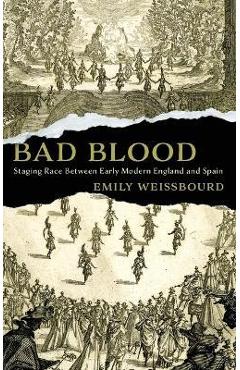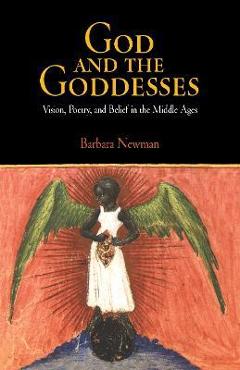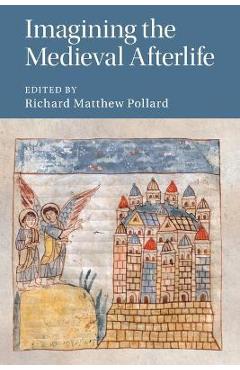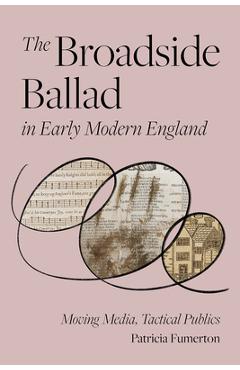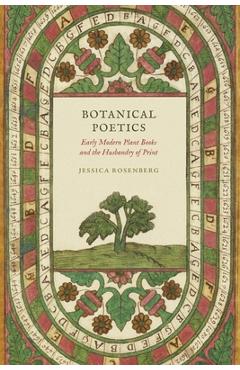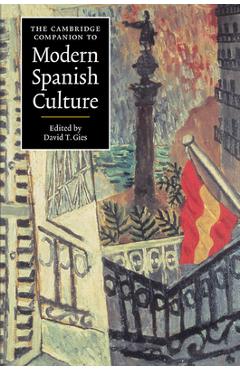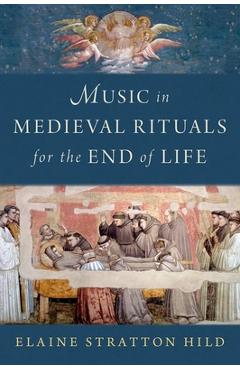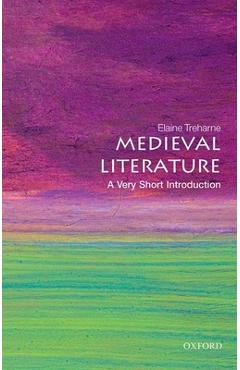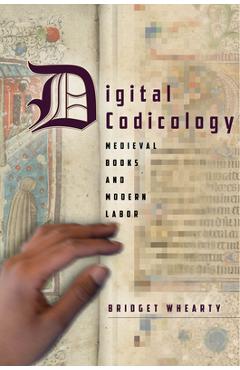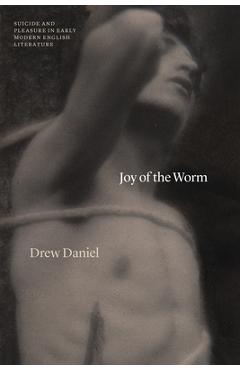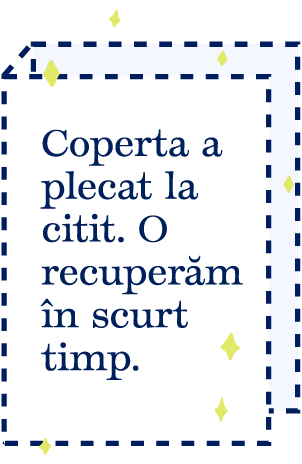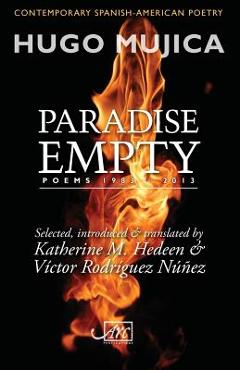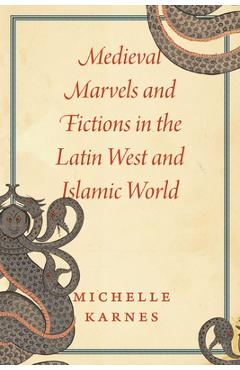A Grammar of the Corpse: Necroepistemology in the Early Modern Mediterranean
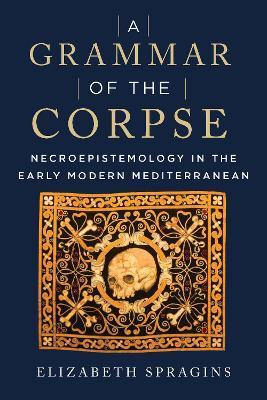
A Grammar of the Corpse: Necroepistemology in the Early Modern Mediterranean
No matter when or where one starts telling the story of the battle of al-Qasr al-Kabir (August 4, 1578), the precipitating event for the formation of the Iberian Union, one always stumbles across dead bodies--rotting in the sun on abandoned battlefields, publicly displayed in marketplaces, exhumed and transported for political uses. A Grammar of the Corpse: Necroepistemology in the Early Modern Mediterranean proposes an approach to understanding how dead bodies anchored the construction of knowledge within early modern Mediterranean historiography.
A Grammar of the Corpse argues that the presence of the corpse in historical narrative is not incidental. It fills a central gap in testimonial narrative: providing tangible evidence of the narrator's reliability while provoking an affective response in the audience. The use of corpses as a source of narrative authority mobilizes what cultural historians, philosophers, and social anthropologists have pointed to as the latent power of the dead for generating social and political meaning and knowledge. A Grammar of the Corpse analyzes the literary, semiotic, and epistemological function these bodies serve within text and through language. It finds that corpses are indexically present and yet disturbingly absent, a tension that informs their fraught relationship to their narrators' own bodies and makes them useful but subversive tools of communication and knowledge. A Grammar of the Corpse complements recent work in medieval and early modern Iberian and Mediterranean studies to account for the confessional, ethnic, linguistic, and political diversity of the region. By reading Arabic texts alongside Portuguese and Spanish accounts of this key event, the book responds to the fundamental provocation of Mediterranean studies to work beyond the linguistic limitations of modern national boundaries.PRP: 314.13 Lei
Acesta este Pretul Recomandat de Producator. Pretul de vanzare al produsului este afisat mai jos.
282.72Lei
282.72Lei
314.13 LeiLivrare in 2-4 saptamani
Descrierea produsului
No matter when or where one starts telling the story of the battle of al-Qasr al-Kabir (August 4, 1578), the precipitating event for the formation of the Iberian Union, one always stumbles across dead bodies--rotting in the sun on abandoned battlefields, publicly displayed in marketplaces, exhumed and transported for political uses. A Grammar of the Corpse: Necroepistemology in the Early Modern Mediterranean proposes an approach to understanding how dead bodies anchored the construction of knowledge within early modern Mediterranean historiography.
A Grammar of the Corpse argues that the presence of the corpse in historical narrative is not incidental. It fills a central gap in testimonial narrative: providing tangible evidence of the narrator's reliability while provoking an affective response in the audience. The use of corpses as a source of narrative authority mobilizes what cultural historians, philosophers, and social anthropologists have pointed to as the latent power of the dead for generating social and political meaning and knowledge. A Grammar of the Corpse analyzes the literary, semiotic, and epistemological function these bodies serve within text and through language. It finds that corpses are indexically present and yet disturbingly absent, a tension that informs their fraught relationship to their narrators' own bodies and makes them useful but subversive tools of communication and knowledge. A Grammar of the Corpse complements recent work in medieval and early modern Iberian and Mediterranean studies to account for the confessional, ethnic, linguistic, and political diversity of the region. By reading Arabic texts alongside Portuguese and Spanish accounts of this key event, the book responds to the fundamental provocation of Mediterranean studies to work beyond the linguistic limitations of modern national boundaries.Detaliile produsului









